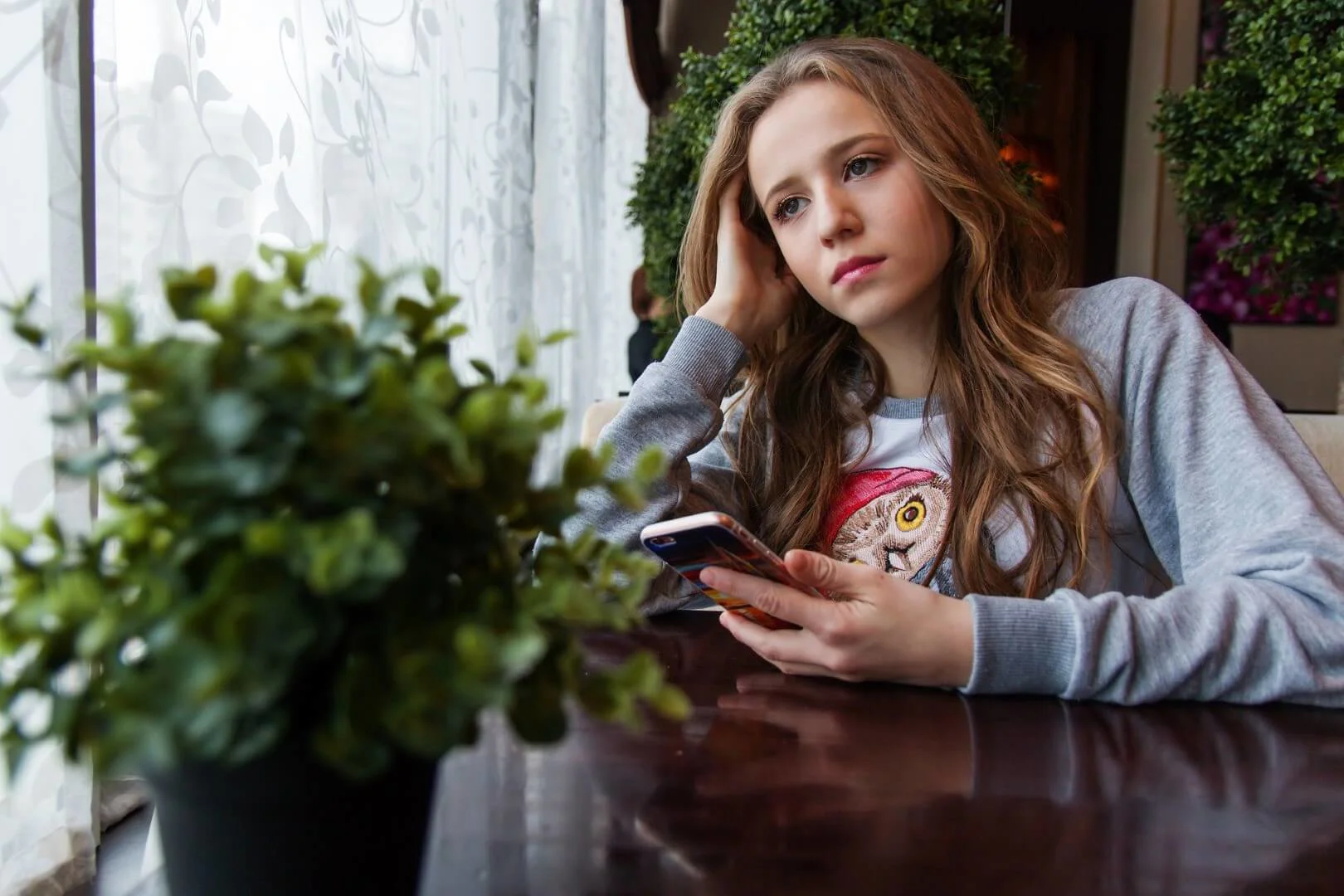The early and teenage years can be both challenging and isolating for young people. Individual factors which increase the vulnerability to self-harm can include: depression, anxiety, low-self-esteem, hopelessness, poor problem-solving, impulsivity, eating disorders, drug or alcohol abuse and bullying (e.g. because of race, sexuality or other issues).
Coping with self harm
Guidance for parents and carers
Self-harm is behaviour that is done deliberately to harm oneself. Varying from one young person to another, it can include: self-cutting, taking an overdose, hitting or bruising, intentionally taking too little or too much medication, burning, hanging or suffocation.
At least 10% of adolescents report having self-harmed in some way.
Although some young people who self-harm may be suicidal, self-harm is often used as a way of managing difficult emotions. However, self-harming can result in accidental death.
This guide has been developed from conversations with parents and carers of young people experiencing difficult times. It is aimed at helping parents, carers, other family members and friends cope when a young person is self-harming.
If you would find it helpful to have this information in a booklet, you can download it as a pdf or order a hard copy.
Signs a young person is self-harming
As a parent or carer, you might suspect that your child is self-harming. Changes in behaviour or physical signs may have indicated this to you, even if you have not spoken with your child about it yet.
If you are worried, watch out for these signs:
- Unexplained cuts, burns or bruises
- Keeping themselves covered; avoiding swimming or being reluctant to change clothes around others
- Being withdrawn or isolated from friends or family
- Low mood, a lack of interest in life or depression
- Blaming themselves for problems or expressing feelings of failure, uselessness, hopelessness or anger.
Finding out about self-harm
Discovering that your child is self-harming can be very upsetting and stressful.
Some children may tell their parents about their self-harm; other parents might find out from friends, teachers or medical staff.
A range of emotions may be experienced by parents.
These include anger, sadness, helplessness, shame or disgust.
It is perfectly normal to feel strong emotions. It’s important to try and understand and accept them so that you don’t risk misdirecting these emotions towards your vulnerable child.
Try to reframe their behaviour and think of it as an expression of deep emotions they can’t handle any other way.
“We worked out that if she sent me a blank text, I knew she needed some company or a cuddle or some distraction.”
HealthTalk.org parent interview

Reasons for self-harm
Self-harm can serve several different functions, from reducing tension to providing a form of escape. As a parent or carer, it helps to understand why your child may be self-harming - and to be aware of possible future problems.
Self-harm can serve a number of different functions, which vary from person to person. Self-harm can be used as a way to:
- Manage extreme emotional upset
- Reduce feelings of tension
- Provide a distraction from emotional pain through experiencing physical pain
- Express emotions such as hurt, anger or frustration
- Temporarily escape from current difficulties
- Attempt to regain control over feelings or problems
- Punish themselves or others
- Elicit care from others
- Identify and bond with a peer group
- Attempt suicide
When to seek further help
Self-harm can be a serious problem and may be linked to other problems such as depression, anxiety, eating disorders or drug and alcohol use. If you are worried about your child’s health and wellbeing, you should seek further help. Support and guidance is available to you at this difficult time.
Visit your GP
Your general practitioner (GP) may be able provide medical guidance and advice to manage the self-harm. The GP may also refer your child to a community Child and Adolescent Mental Health Services (CAMHS) where an assessment would be done and a plan made for support and treatment. Professional help is also available from school nurses and trained counsellors and therapists.
If your child is reluctant to get help, you can still receive advice from your GP. It may be the case that your child doesn’t acknowledge the risks or is unwilling to speak with a GP. If so, you can still make an appointment for yourself to discuss the situation with a medical professional. It is best to be transparent and do this with your child’s permission.
Admission to hospital
If your child goes to hospital for any reason related to their self-harm, they should be seen by someone who will talk to them about self-harm, assess their mental wellbeing and arrange follow-up where needed. If it is not clear whether this has happened, ask the staff about it.
Possible future problems
Self-harm can be a serious problem and repeated self-harm is common following a first episode. Depending on the method, self-harm can lead to serious physical damage, including permanent scarring, the medical effects of a dangerous overdose, etc. Self-harm may be linked to other problems, such as depression, anxiety, eating disorders or drug and alcohol use, for which specific treatment may be required. Individuals who have self-harmed are at higher risk of suicide than other young people, although the risk is still low. For these reasons, it is important where possible to tack self-harming behaviour early.